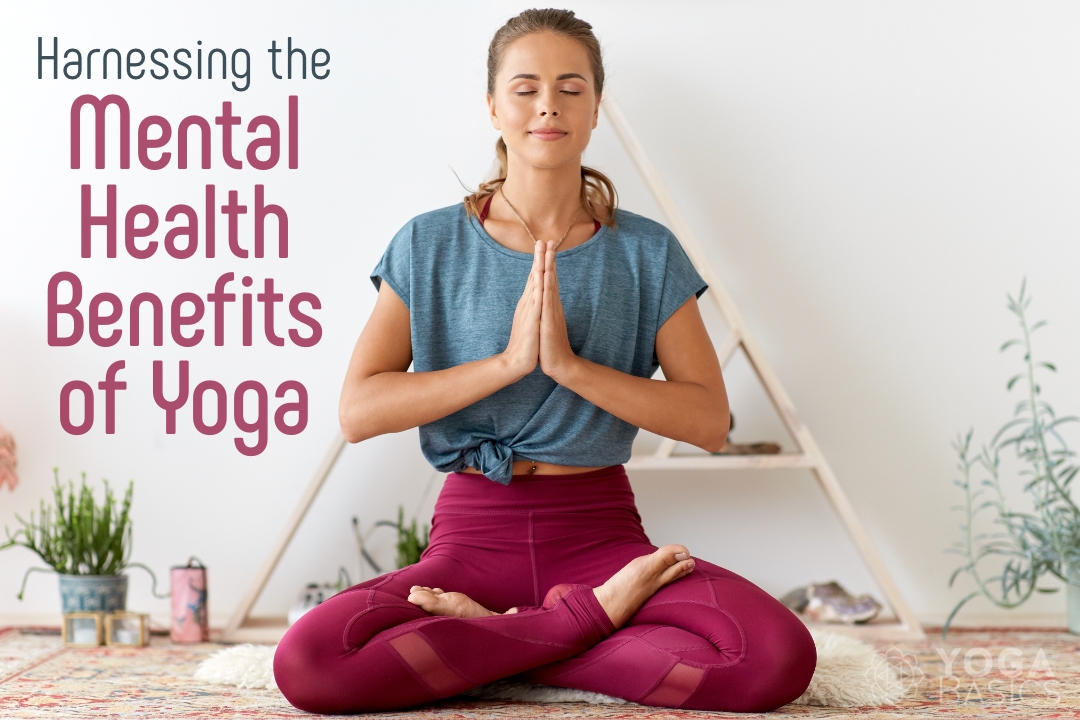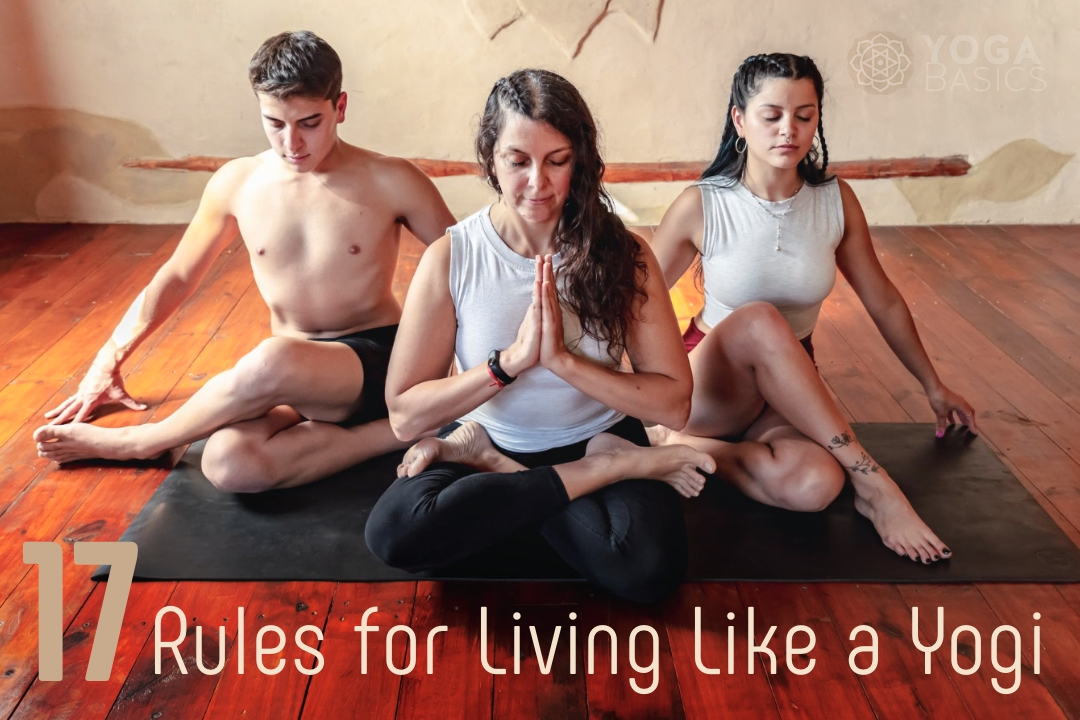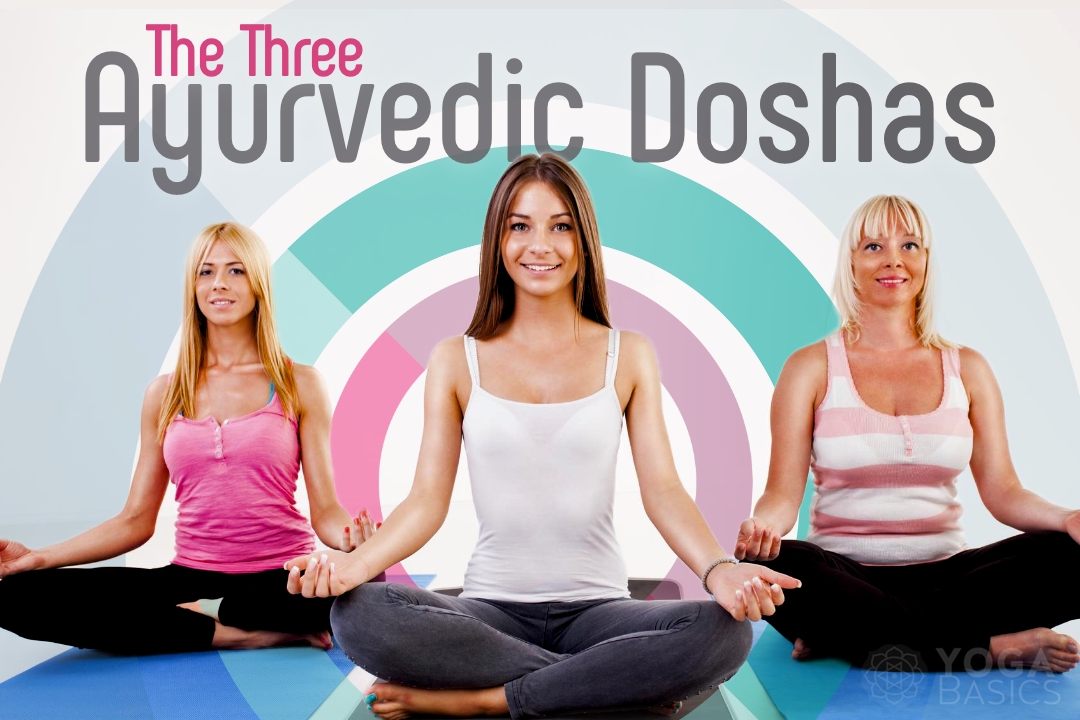Yoga is a holistic and natural way to improve your mental and emotional state. Yoga has been proven to improve mental clarity, self-awareness and emotional regulation through controlled breathing, relaxation techniques and mindful movements. Yoga also fosters harmony and balance between mind, body and spirit. Even 15 minutes of yoga in a self-care regimen can have a profound effect on mental health.
Yoga for Mental Health
Yoga is a practice that has been around for centuries. It’s praised for its ability promote physical strength, flexibility and health. researchers began to investigate benefits for mental health in the last few years. Yoga’s focus on mindfulness is one of the most important ways it can improve mental health. Mindfulness is being present in the moment without judgement. It can help people with mental health issues better control their thoughts and feelings, which leads to better stress management and emotional regulation. Here are some other ways that yoga can benefit mental health:
Self-awareness, mindfulness and awareness of self are all important.
The increased awareness that yoga cultivates is one of its key benefits. Yoga creates an environment for people to connect on a deeper, more intimate level with their thoughts, feelings, and bodies through a combination of controlled breathing and physical postures. Yoga practitioners gain a greater sense of self awareness by focusing on their present moment and tuning in to bodily sensations. This increased awareness helps individuals identify and understand thoughts patterns, emotions, and physical sensations. It also leads to a better understanding of oneself and their overall wellbeing. The mindfulness that yoga cultivates encourages people to accept and embrace each moment, with non-judgment and intention. This promotes mental clarity and inner calm.
Enhance your mood and overall well-being
Yoga can have a positive impact on mood and mental health. Yoga is linked to an improvement in happiness and contentment, and a reduction of symptoms of depression and anxiety. Yoga’s combination of controlled breath and mediation is responsible for this. physical poses, as well as stretches, help to release tension from the body. This promotes relaxation and physical wellbeing. Controlled breathing exercises calm the nervous and reduce stress. Meditation during yoga helps individuals calm their minds, focus on the present, develop a positive outlook, and cultivate inner peace.
Reduce anxiety symptoms
Stress, work pressure or personal challenges can cause anxiety in many people. Regular yoga practice can reduce these symptoms through relaxation and stress reduction. Yoga provides an holistic way to manage anxiety through the use of controlled breathing, calming postures and meditation. While the physical movements and stretching releases tension, deep breathing and deliberate breathing exercises calms the nervous system. Meditation is a great way to develop inner peace and mindfulness. It also helps you to cope better with anxiety and negative emotions.




